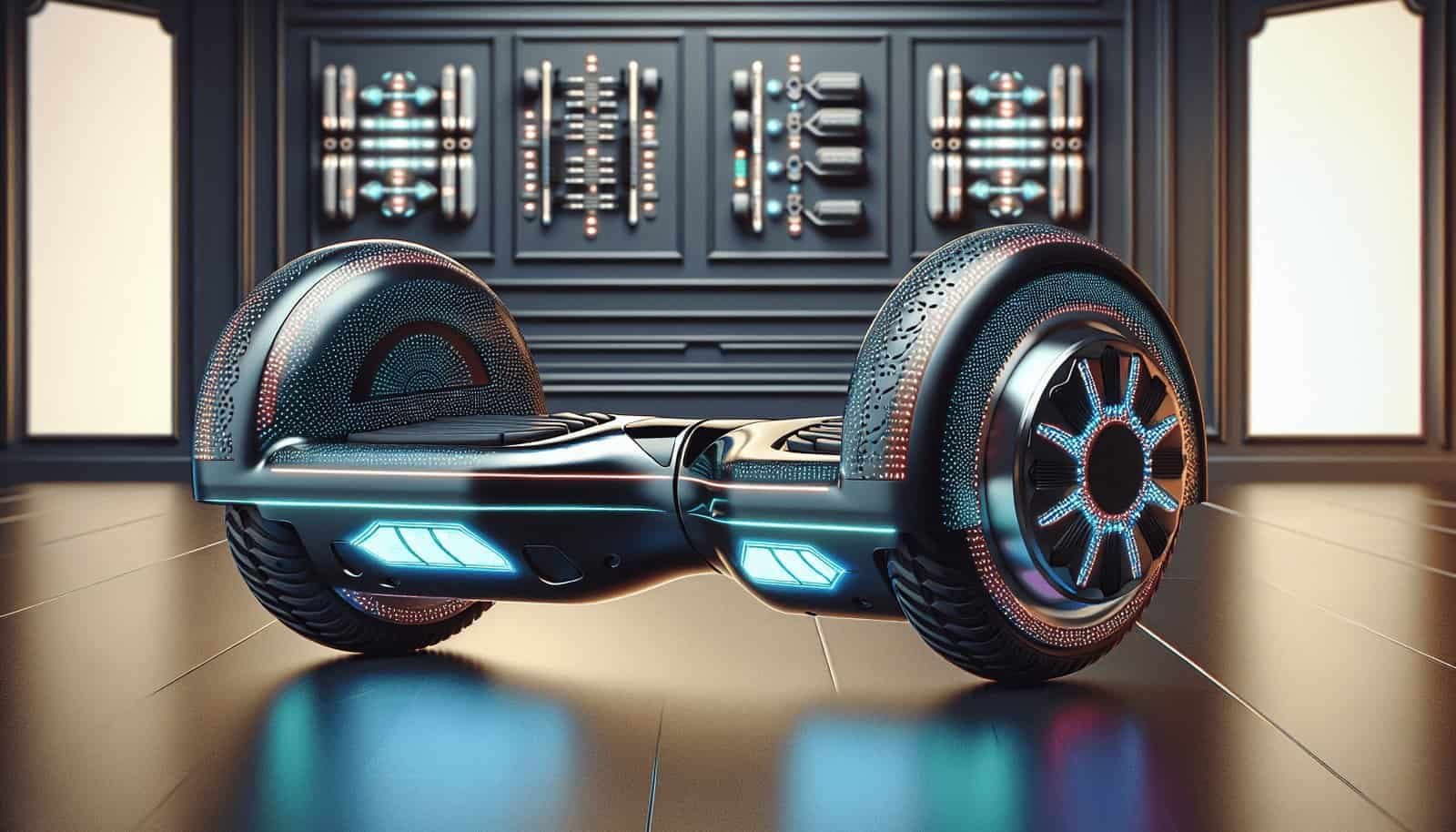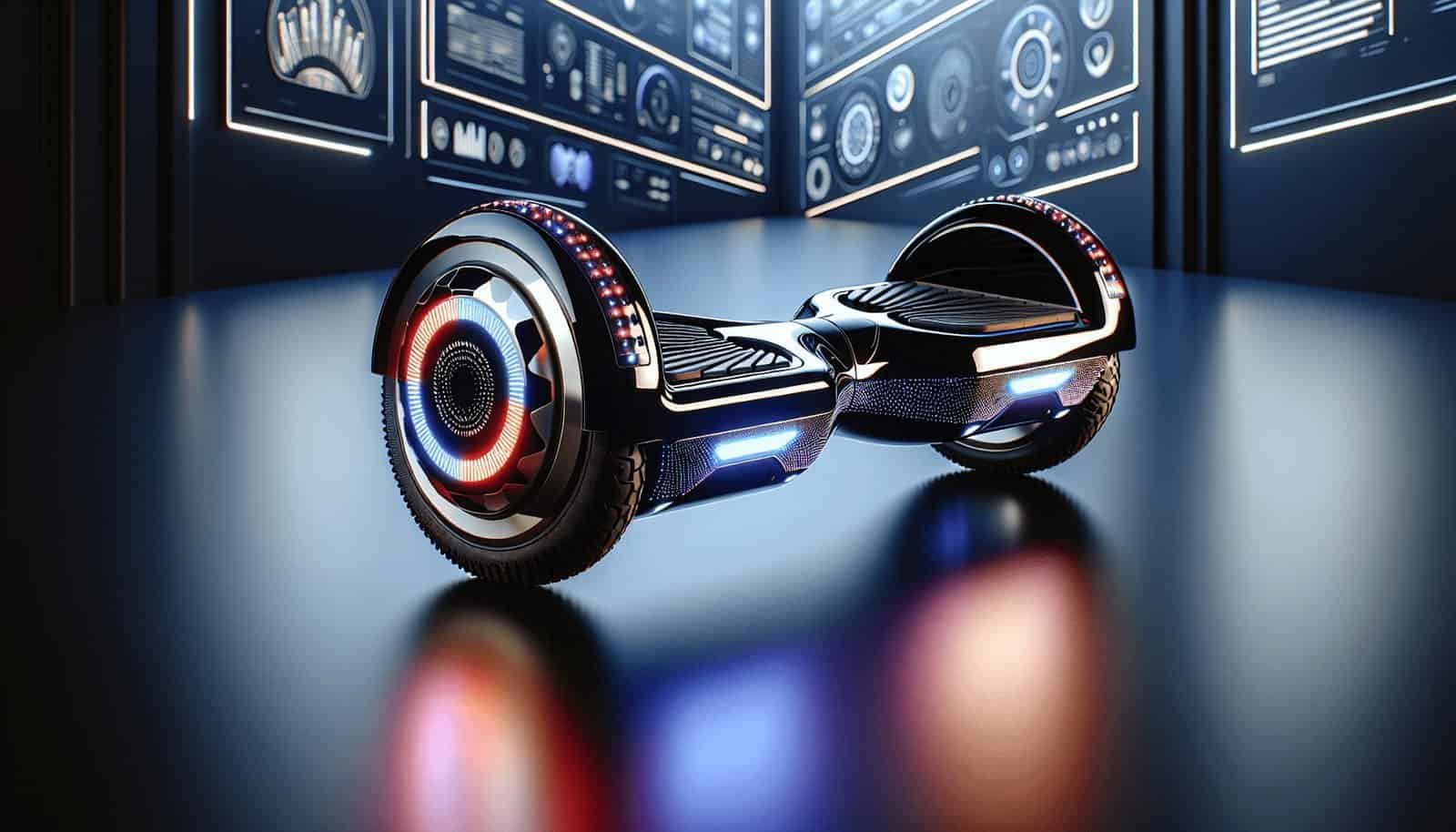Have you ever wondered how you can adjust the sensitivity of your hoverboard’s lights and indicators? Whether you’re a new hoverboard owner or you’ve had your device for a while, understanding how to fine-tune its settings can enhance your riding experience. Hoverboards have become a popular mode of transportation, valued for their convenience and the fun they bring to daily commutes or casual rides. Part of this fun is their responsive LED lights and indicators, which are not only stylish but essential for safety and communication with other pedestrians or vehicles.
Adjusting the sensitivity of these lights can make for a smoother, more intuitive riding experience, but it might seem like a daunting task if you’re not familiar with hoverboard maintenance. Don’t worry, though; adjusting these settings is often simpler than you might think. By following a few guided steps, you can personalize how your hoverboard’s lights react, ensuring they meet your specific riding preferences and enhance visibility.
Understanding Hoverboard Lights and Indicators
What Are Hoverboard Lights for?
Hoverboard lights are not just about aesthetics. These LEDs serve several practical functions, enhancing both safety and usability:
- Visibility: They make you more visible in low-light conditions, reducing the risk of accidents.
- Communication: The lights can signal your movements to others, indicating when you’re slowing down, stopping, or making a turn.
- Aesthetics: While functionally important, these lights also add a cool factor to your ride, giving it a personalized touch.
Types of Indicators
Hoverboards often come equipped with different types of indicators:
- LED headlights: These illuminate your path, much like a car’s headlights.
- Tail lights: These signal your presence to vehicles and pedestrians behind you.
- Turn indicators: Some hoverboards include turn signal lights to indicate sideways movements.
- Battery indicators: These are essential for monitoring charge levels, preventing an abrupt stop due to an empty battery.
Understanding these components will help you adjust their sensitivity and response to make the most out of your hoverboard.

Why Adjust the Sensitivity?
Enhanced Safety
Sensitive indicators can make your ride safer. If the lights react quickly to your movements, chances are higher that other people around you will notice your actions sooner, helping to prevent accidents.
Personal Preference
You might prefer brighter lights for evenings and subtle indicators during the day. Adjusting the sensitivity allows the lights to function adequately based on situational requirements.
Battery Conservation
Efficient light sensitivity adjustment can contribute to conserving your hoverboard’s battery life, ensuring your ride lasts longer without unnecessary power drainage from excessively bright lights.

Steps to Adjust Hoverboard Light Sensitivity
Checking Your Hoverboard’s Manual
Before diving into tweaks, check your hoverboard manual. Different models may have varying instructions for sensitivity adjustments. Look for sections regarding LEDs or light system operations.
Initial Assessment of Current Sensitivity
Start by measuring how sensitive your current setup is. Turn on the hoverboard and move it slightly to observe the light’s response. Are the lights too bright or too dim? Is there a delay in response?
Tools Required
Most adjustments don’t need advanced tools. However, having the following might be helpful:
- Screwdriver: For those hoverboards where sensitivity adjustment involves accessing the LED array.
- Smartphone: For accessing manufacturer apps that offer light control, if available.
- Manual: As mentioned, your go-to guide through this process.
Adjusting Sensitivity Through Physical Controls
Some hoverboards come with built-in sensitivity controls:
- Locate the Controls: These might be tiny switches or potentiometers located near the battery compartment or beneath the foot panel.
- Testing Adjustments: While adjusting, frequently check the lights’ response by moving the hoverboard slightly. You’re aiming for a prompt yet not overly jumpy response.
Adjusting Sensitivity Through Software
If your hoverboard is equipped with Bluetooth capabilities, it might offer a mobile application interface for sensitivity adjustments:
- Install the App: Download the app specific to your hoverboard’s brand from the app store.
- Connect via Bluetooth: Pair your device with the hoverboard.
- Locate Light Settings: Navigate through the app to find light sensitivity controls.
- Adjust and Test: Gradually tweak settings, using the app’s interface to test changes instantly.

Troubleshooting Common Issues
Lights Not Responding
Sometimes you might find that the lights don’t respond at all. This could be due to:
- Firmware Issues: Ensure the hoverboard’s system is updated. Manufacturer apps can often help check and install updates.
- Hardware Faults: Inspect the LEDs for physical damage or loose connections.
- Battery Problems: Insufficient charge might hinder proper functionalities. Ensure your hoverboard is adequately charged.
Inconsistent Sensitivity
If sensitivity varies randomly, it could be from:
- Software Bugs: Restart the hoverboard or reset to factory settings through the app.
- Compromised Sensors: Contact customer service for professional assistance if sensor alignment issues persist.
Overly Sensitive Responses
If your lights react too much to minor motions:
- Reduce Sensitivity Settings: Use the manual controls or app settings to dial down responsiveness.
- Check Calibration: Some hoverboards have a calibration reset option, which can rectify issues related to improper alignment.

Tips for Effective Light Sensitivity Management
Stay Informed
Reading forums or following updates from your hoverboard’s manufacturer can keep you informed about best practices and updates.
Regular Maintenance
Conduct regular checks on your hoverboard’s LEDs and indicators, including periodical cleaning and visual inspections for damage or dust accumulation.
Experiment
Don’t hesitate to slightly modify sensitivity settings until they best suit your needs. Light conditions and personal preferences can vary greatly, so finding what works best for you is key.

Conclusion
Ultimately, adjusting the sensitivity of your hoverboard’s lights and indicators is a balance between personal preference and practicality. By understanding their functionality and utilizing both physical and software controls, you can ensure that your hoverboard provides a safer and more enjoyable ride. Whether you’re riding in the vibrant city lights at night or meandering through a sunlit park, tailored light settings can enhance your overall experience. Remember to periodically check for updates and solutions from your hoverboard’s manufacturer, ensuring your device stays current and functional.

